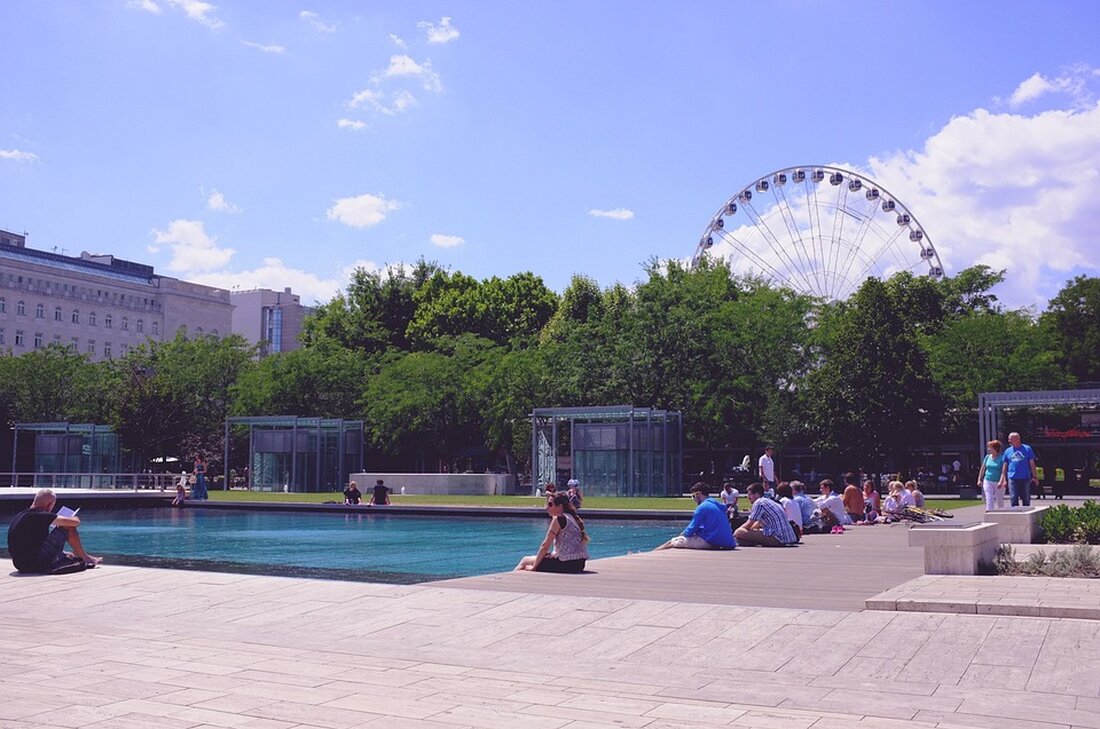In the center of Ecuador's drug war: gangs, generals and families
In the center of Ecuador's drug war: gangs, generals and families
Quito, Ecuador - a man reports that he joined a gang in Ecuador ten years ago. Today he is a high-ranking commander, married and has children, but almost casually admits that he is a contribution to the Drug trade does the country.
"Yes, I'm part of the problem," he says in a conversation with CNNS David Culver. He was ready to talk, but only after dark, far from crowds and with a covered face. "The aisle gave me everything," he emphasizes, assuring that he joined despair. After ten years he says that he cannot stop "because it is a huge economy and nobody wants to let go of a lucrative business."
The challenge of documentation
To have such conversations, it was necessary to work with a compact, closely coordinated team, to the CNN producer Abel Alvarado, the monitoring investigative producer Barbara Arvanitidis, photojournalist Alex Platt and security coordinator Crendon Greenway. Together they navigated through gang areas, military raids and remote coastal strips to capture the story in a new documentary.
insights into the drug reality
in Esmeraldas, a coastal province in which cocaine is often introduced from Colombia, they talked to authorities and residents about how violence has messed up everyday life. In Los Ríos, a region that produces a lot of Ecuador's banana exports, they visited a plantation and learned how drug dealers often smuggled cocaine into the fruit containers after they have left the farm. In the coastal city of Manta, they climbed a naval ship to see how the authorities try to stop smugglers at sea before reaching the USA and other countries. And on the Galápagos Islands they discovered hotspots for ecotourism, which secretly developed into a "petrol station" for drug boats.
The documentation and its meaning
The documentary produced by Susan Chun offers a rare insight into how Ecuador became a drug superstrasse. It will be broadcast on Sunday at 9:00 p.m. in CNNS "The Whole Story with Anderson Cooper".
reporting and personal experiences
In the following, Culver and Alvarado, a native of Ecuadorians, discuss their reporting. Your answers were processed for clarity and brevity.
culver: "We have together since a Covered in 2024 , and that was actually my first trip to Ecuador.
alvarado: "I've been more to Ecuador recently than to visit my family. The stories have been greater in recent years. I remember the first story that I treated for CNN there. It was very internal. A certain group was angry about the government. never happened there. ”
surprises and challenges on site
culver: "was one of the greatest surprises when we reported on the Galápagos Islands. These are connected to Darwin and Evolution, but here a different kind of evolution begins. It was symbolic of what happens to the people Ecuador.
alvarado: "The military always has a pride in how well it has trained. But they were very honest with their needs and the lack of resources."
The entire documentation is a moving examination of the current situation in Ecuador, which is characterized by drug trafficking and gait power, and offers valuable insights into the fates of people in this country.


Kommentare (0)